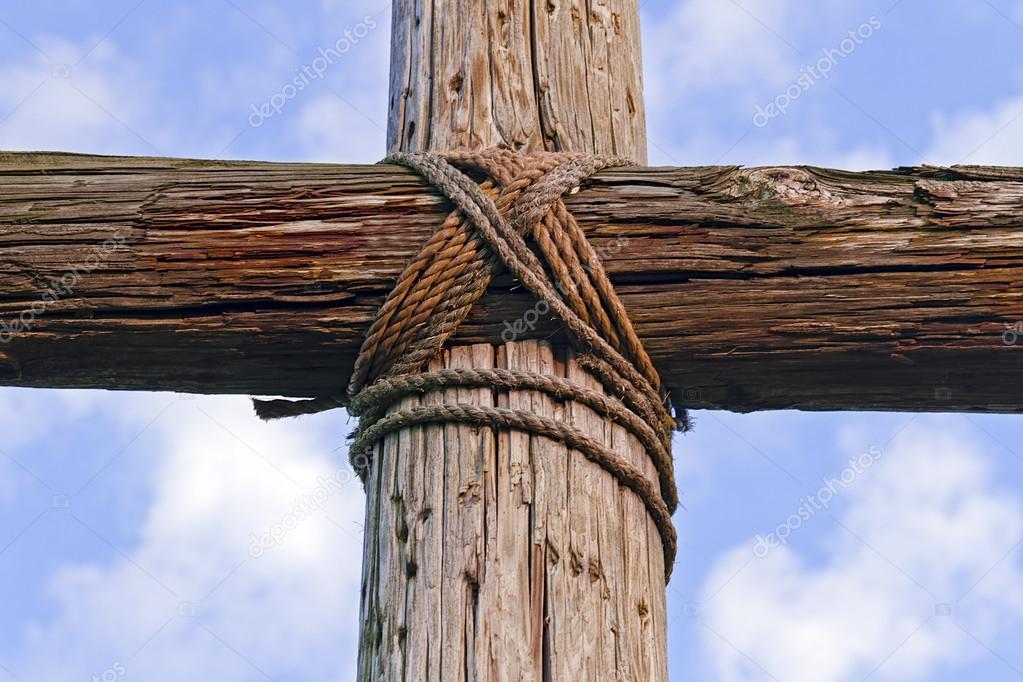
This Passion Month, we are pleased to post excerpts from John Piper's excellent book, "The Passion of Jesus Christ: Fifty Reasons He Came to Die" (get a free digital copy of the book here). Our prayer is that as you ask, "Why the Cross?" and consider what Jesus accomplished, that it will stir your heart to marvel and worship in light of God's redemption. May God use these thoughts to prepare our hearts, as we look forward to a global remembrance and celebration on Good Friday and Easter Sunday.
Why the Cross? Some reasons to meditate on...
To Cancel the Legal Demands of the Law Against Us
There is no salvation by balancing the records. There is only salvation by canceling records. The record of our bad deeds (including our defective good deeds), along with the just penalties that each deserves, must be blotted out—not balanced. This is what Christ suffered and died to accomplish. The cancellation happened when the record of our deeds was “nailed to the cross” (Colossians 2:13). How was this damning record nailed to the cross? Parchment was not nailed to the cross. Christ was. So Christ became my damning record of bad (and good) deeds. He endured my damnation. He put my salvation on a totally different footing. He is my only hope. And faith in him is my only way to God.
To Become a Ransom for Many
When Jesus says that he came “to give his life as a ransom,” the focus is not on who gets the payment. The focus is on his own life as the payment, and on his freedom in serving rather than being served, and on the “many” who will benefit from the payment he makes. If we ask who received the ransom, the biblical answer would surely be God. The Bible says that Christ “gave himself up for us, [an] . . . offering . . . to God” (Ephesians 5:2). Christ “offered himself without blemish to God” (Hebrews 9:14). The whole need for a substitute to die on our behalf is because we have sinned against God and fallen short of the glory of God (Romans 3:23). And because of our sin, “the whole world [is] held accountable to God” (Romans 3:19). So when Christ gives himself as a ransom for us, the Bible says that we are freed from the condemnation of God.
For the Forgiveness of Our Sins
All sin is serious, because it is against God (see chapter 1). He is the one whose glory is injured when we ignore or disobey or blaspheme him. His justice will no more allow him simply to set us free than a human judge can cancel all the debts that criminals owe to society. The injury done to God’s glory by our sin must be repaired so that in justice his glory shines more brightly. And if we criminals are to go free and be forgiven, there must be some dramatic demonstration that the honor of God is upheld even though former blasphemers are being set free. That is why Christ suffered and died. “In him we have redemption through his blood, the forgiveness of our trespasses” (Ephesians 1:7). Forgiveness costs us nothing. All our costly obedience is the fruit, not the root, of being forgiven. That’s why we call it grace. But it cost Jesus his life. That is why we call it just.
Write a Comment